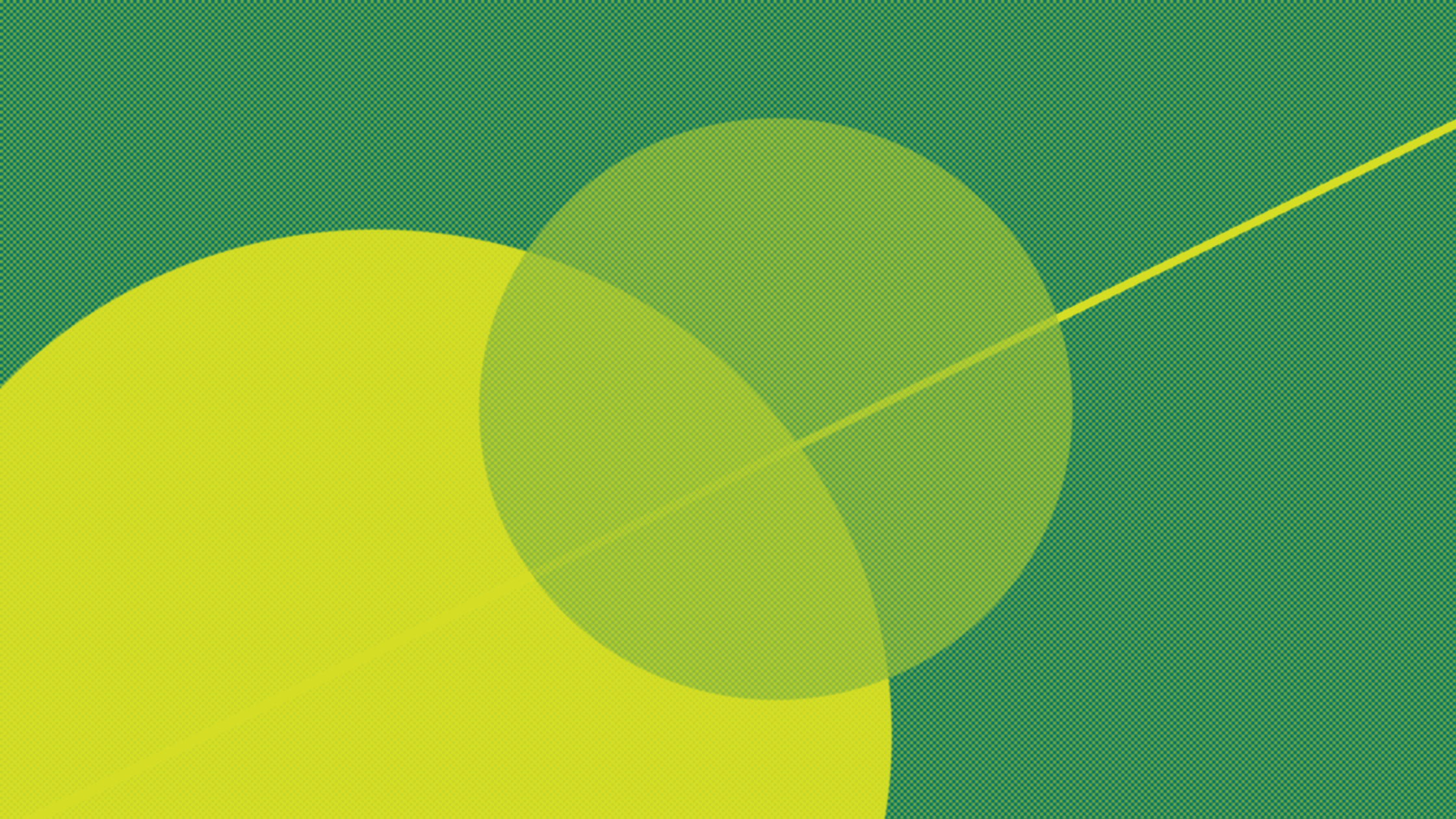The stone in the bottle
Gavin Yamey, the Senior Magazine Editor of PLoS Medicine, is currently on sabbatical from the journal after being awarded a “mini-fellowship” from the Kaiser Family Foundation to undertake a project as a reporter in East Africa and Sudan.
In his latest blog, Gavin writes from Southern Sudan, explaining the impact that basic medical training can have on a community, and the often frustrating ordeal of obtaining long-term funding for community-based educational projects.
***************************************************************
The stone in the bottle
In remote rural regions of Africa—where there is no doctor or nurse, no health system or infrastructure—can a village itself be mobilized to learn life-saving health skills? A non-governmental organization called the Malaria Consortium thinks that it can.
In Northern Bahr el Gazal state, in Southern Sudan, the NGO is implementing a child survival project that teaches illiterate women in the village how to diagnose and treat malaria, pneumonia, and diarrhoea—the three big causes of child death in the region.
When one of the women makes a diagnosis and treats a child, she marks the illness episode by putting a stone in a bottle. The stones are collected up and then sent to the local community health worker, who converts the “stone-based health reporting” into a paper-based health record.
At the Malaria Consortium’s office in Aweil, Northern Bahr el Gazal, I met with Tadesse Fesseha, the medical officer leading the project.
The NGO, he explained, has trained 13 volunteers—all women—in Aweil Center. The project is funded by Unicef, which is also supplying the medicines—antimalarials, amoxycillin for pneumonia, and oral rehydration salts and zinc for diarrhoea.
The training takes 12-13 days, after which each volunteer, who is known as a Community Drug Distributor (CDD), is responsible for 40 households.
I asked Tadesse why the project trained only women. “They deal with children,” he said, “and women are more responsible than men.”
The volunteers are trained to spot danger signs suggestive of serious illness, such as blood in the stool or a high respiratory rate (the women don’t have watches, but are given Unicef timers to count respiration). Children with danger signs are referred to the nearest health facility (although, as I’ve written before, many facilities lack medical supplies).
Is there any evidence, I asked, as to whether CDDs can save lives?
“The International Rescue Committee pioneered the CDD approach,” said Tadesse, “and they’ve trained three hundred to four hundred CDDs in Aweil East. The IRC says child morbidity and mortality is curtailed by thirty to fifty per cent.”
But the Malaria Consortium project only has funding for one year, so its future is uncertain. The short term funding, said Tadesse, “is frustrating.”
I’ve heard health workers across southern Sudan and East Africa express the same frustration over and over about the nightmare of short term funding. Funders, they’ve told me, often have short attention spans—they’ll fund the start-up phase of a project, but then they’ll get bored and will want to move on to the next new thing.
Sustainability is a massive challenge. Getting long term funding, I’ve been told repeatedly, is like getting blood out of a stone.

You raise a very interesting point. Something that all funding/governmental agencies must bear in mind when they jump in to aid a poor country is the effect they will have on providing ‘temporary’ high quality services. The need for permanence of services, building a second-line and strengthening local institutions/people are critical to such initiatives – lest they leave a crater where they filled a gap! All the very best in your journey through the area.